Description
Hayden Center – The Neuroscience of Opioid Addiction: A Clinician’s Plan of Attack for the 21st Century Epidemic
- Faculty:
- Hayden Center
- Duration:
- 5 Hours 51 Minutes
- Format:
- Audio and Video
- Copyright:
- Jun 23, 2017
Description
There is a growing concern about the prevalence of opioid addiction in the United States. Both the illegal use of heroin and the overuse of opioids to treat pain are on the rise. Behavioral health professionals need to quickly equip themselves with proven clinical interventions to battle this epidemic.
Neuroscience research is revealing not only how drugs affect the brain, but how clinical interventions affect the brain as well. Certain areas have been shown to “re-wire” in response to particular treatments. Using clinical experience and wisdom along with the latest research findings, Dr. Center will demonstrate the effectiveness of current approaches and their specific applications. Learn techniques shown to reduce cravings and improve decision making capabilities among opioid abusers in your treatment arsenal. You will leave empowered to translate the latest findings into decisions on which treatment to use with your client and when.
Handouts
| Manual – The Neuroscience of Opioid Addiction (1.18 MB) | 58 Pages | Available after Purchase |
Outline
OPIATE AND OPIOID ABUSE HERE AND AROUND THE WORLD
- Brief history of the problem
- Latest prevalence estimates
- Future Concerns
THE RELATIONSHIP BETWEEN PAIN AND OPIOID MISUSE
- Summary of brain centers that are affected by pain
- The pain-opioid Paradox
- Vulnerability factors that are associated with
WHAT NEUROSCIENCE REVEALS ABOUT OPIOID ABUSE VS OTHER SUBSTANCE ABUSE
- The pleasure factor (how dopamine fits with opioid use)
- The social factor (how opioids mimic the chemical responses of social connections)
- The connections between important decision-making sections of the brain and long-term opioid abuse
MINDFULNESS AS AN ADJUNCT TO TREATMENT
- The brain and decision-making changes that occur with mindfulness
- Practical approaches to incorporating mindfulness to fight opiate addiction
THE FINDINGS: WHICH APPROACHES WORK? WHEN AND HOW SHOULD THEY BE USED?
- Motivational Interviewing
- Cognitive-Behavioral Therapy
- Dialectical Behavior Therapy
- Acceptance and Commitment Therapy
TRANSLATE THE LATEST RESEARCH INTO EFFECTIVE PRACTICE
- Practical issues
- Tailoring treatment plans
- 3 case studies
Faculty
Hayden Center, PHD, LPC Related seminars and products: 4
Hayden Center, PhD, LPC, has been treating individuals and families who suffer from substance abuse disorders, including opioid use disorder, for over 25 years in a private practice setting. Dr. Center most recently served as the evaluator for the Center for Substance Abuse Prevention’s (CSAP) Southeast Center for the Application of Prevention Technologies (SECAPT) and the Border Center for the Application of Prevention Technologies (BCAPT).
Dr. Center served as a consultant to the Alabama Governor’s Office of Drug Abuse Policy for 10 years and has worked with numerous state and local agencies in the state of Alabama.
He has provided over 200 trainings on the topics of science-based prevention, evaluation, risk and protective factors, co-occurring disorders, and other mental health and substance abuse issues. His current interests are providing training and technical assistance to increase the usage and effectiveness of evidence-based treatments and approaches.
In addition to his private practice, Dr. Center has taught in university settings for over 28 years. He teaches graduate-level courses in Theories of Psychotherapy, Advanced Objective Testing, Psychopharmacology, and undergraduate courses in psychology at Auburn University in Montgomery, Alabama. He earned his PhD in counselor education and Master of Science in psychology at Auburn University in Montgomery, Alabama.
Speaker Disclosures:
Financial: Hayden Center maintains a private practice. He receives a speaking honorarium from PESI, Inc.
Non-financial: Hayden Center has no relevant non-financial relationship to disclose.
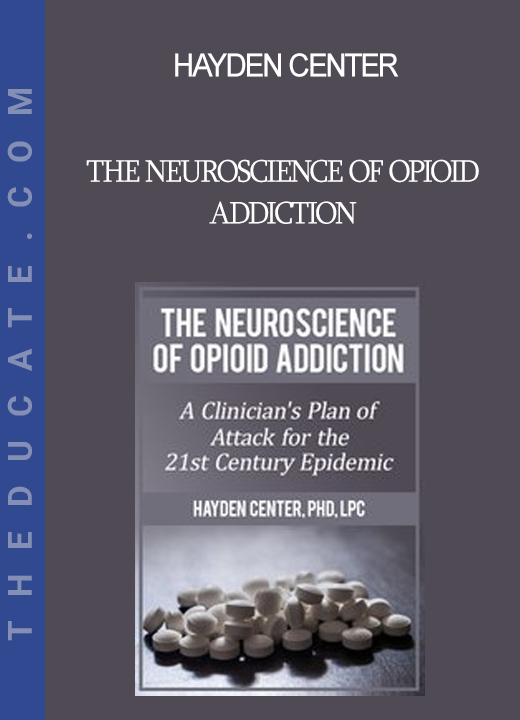
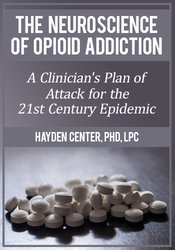

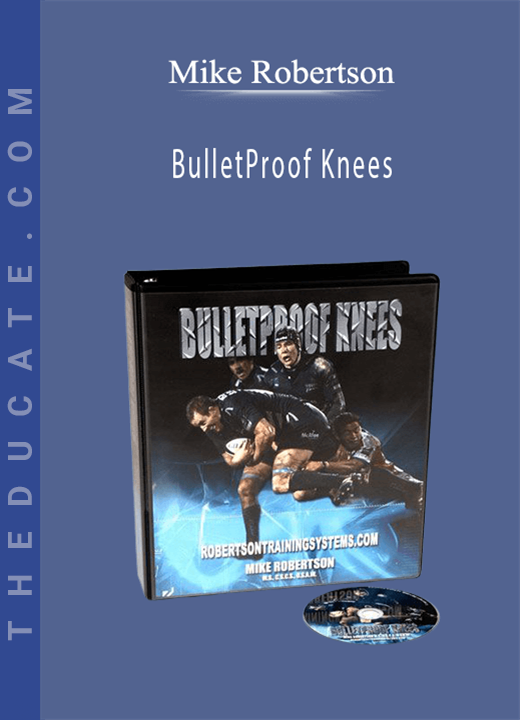
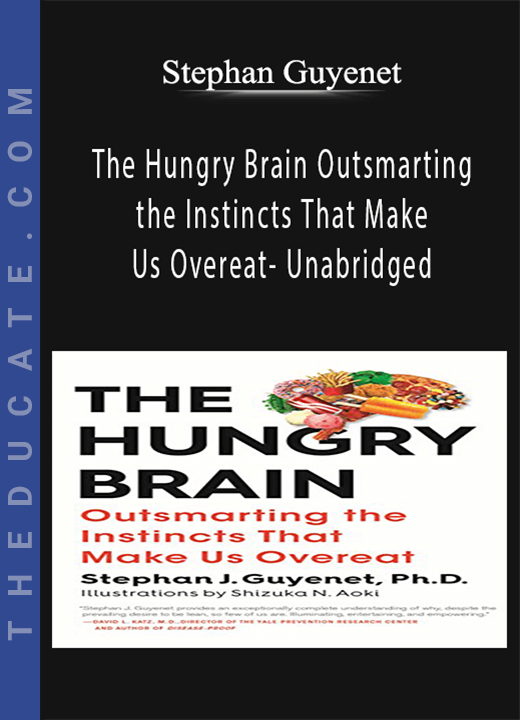

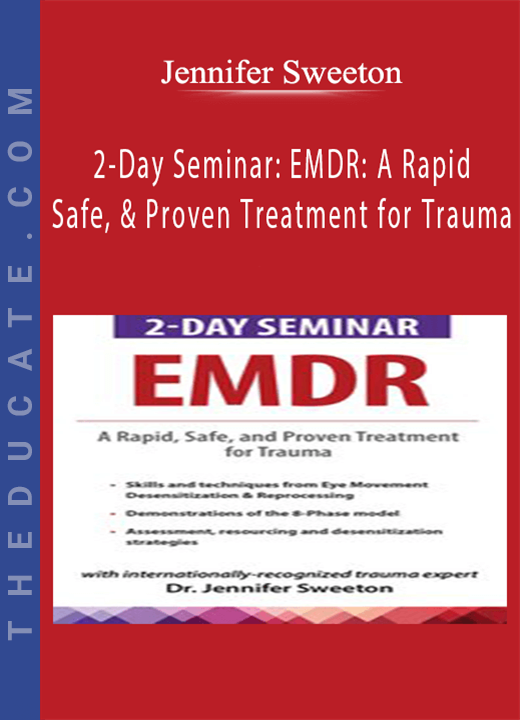
Reviews
There are no reviews yet.